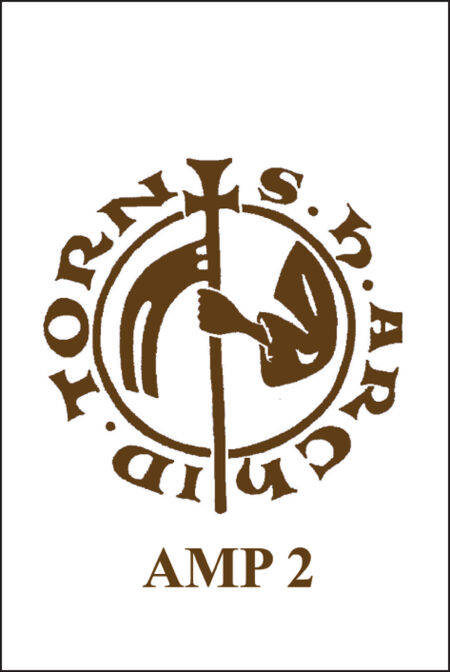
- Afhalen na 1 uur in een winkel met voorraad
- Gratis thuislevering in België vanaf € 30
- Ruim aanbod met 7 miljoen producten
- Afhalen na 1 uur in een winkel met voorraad
- Gratis thuislevering in België vanaf € 30
- Ruim aanbod met 7 miljoen producten
Zoeken
Syncategoremata E-BOOK
henrico de Gandavo adscripta
€ 44,00
+ 44 punten
Omschrijving
The Stadsbibliotheek of Brugge houses a manuscript (ms. 510, f. 227ra-237vb) that holds a short logical text on the Syncategoremata, e.g. words that are not subjects or predicates in proposition. In this manuscript the text is ascribed to Henry of Ghent, who was a leading thinker of the second half of the thirteenth century. The highly interesting text contains some typical themes of Henry of Ghent, e.g. the distinction between esse essentiae and esse existentiae, which further supports the attribution to Henry. If it is the case that the text is by Henry, it shows that Henry had much more technical knowledge of logic and semantics than is often imagined. In the critical study which precedes the critical edition it is shown that the text was influenced by the logical works of Peter of Spain.
Specificaties
Betrokkenen
- Uitgeverij:
Inhoud
- Aantal bladzijden:
- 160
- Taal:
- Engels
- Reeks:
Eigenschappen
- Productcode (EAN):
- 9789461660909
- Verschijningsdatum:
- 7/04/2017
- Uitvoering:
- E-book
- Beveiligd met:
- Digital watermarking
- Formaat:

Alleen bij Standaard Boekhandel
+ 44 punten op je klantenkaart van Standaard Boekhandel
Beoordelingen
We publiceren alleen reviews die voldoen aan de voorwaarden voor reviews. Bekijk onze voorwaarden voor reviews.










